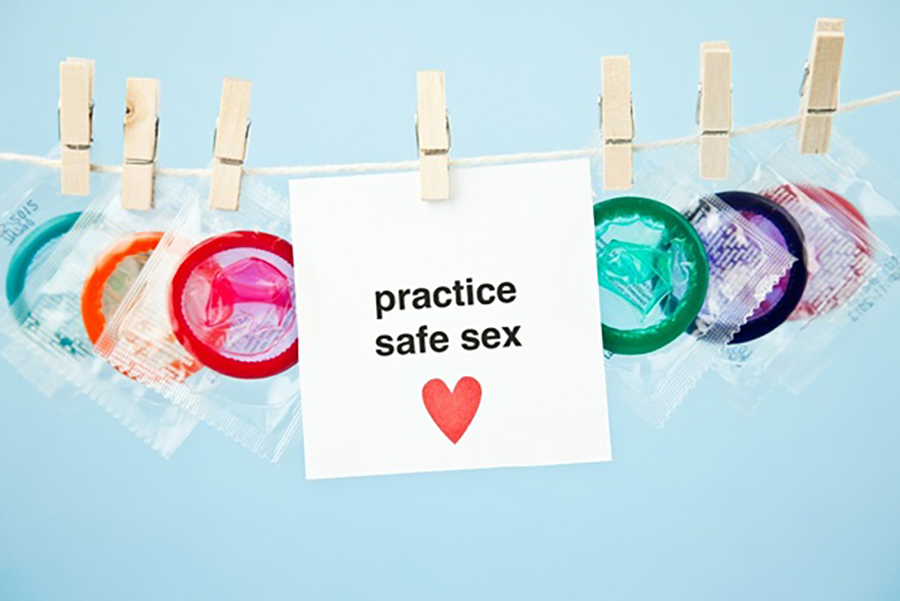The secrets to protecting yourself from Sexually Transmitted Diseases (STDs)
The trend of exposure to sexual matters is increasingly common. Meanwhile, information about sexually transmitted diseases (STDs) caused by unsafe "exposure" has received little attention. Some conditions can even increase cancer risk for men and women.

2/9/2023 1:52:45 PM
We should know safe sex to avoid STDs and prevent genital infections such as vaginal yeast, vaginitis, and other diseases. Here are some ways to help you practice safe sex and reduce your risk of disease:
How should we prevent STDs?
-
Know your partner's health history: It is advisable to openly discuss sexual history with a new partner before engaging in any sexual activity.
-
Get screened for STDs at reputable health facilities: Especially if you have new or multiple sex partners, get screened regularly. And ask your partner to do the same to ensure each other's health.
-
Safe sex: Use condoms correctly during vaginal, anal, and oral sex to help prevent transmission of these diseases.
-
Get vaccinated against HPV and hepatitis A and B.
-
If you are at risk for HIV infection, consider taking a daily preventive medication, prEP, according to medical guidelines.
If you detect any symptoms of suspected sexually transmitted disease, please go to medical facilities to be diagnosed as soon as possible to make the treatment more effective.

Who and when should be screened for STDs?
-
Anyone with risk factors, including sex with a stranger, having a new partner, having multiple sex partners, a partner who has a sexually transmitted disease, or having symptoms suspected of having an STD. All sexually transmitted infections should be screened for sexually transmitted diseases.
-
People who have been having sex should have at least 1 HIV screening.
-
All sexually active women under 25 should be screened for gonorrhea and Chlamydia at least once a year. Women older than 25 with risk factors such as having a new sex partner, having multiple sex partners, or having a partner with an STI should also be screened for gonorrhea and Chlamydia once a year...
-
Pregnant women should be screened for syphilis, HIV, and hepatitis B early in pregnancy. Women with risk factors (as noted above) should be screened for gonorrhea and Chlamydia early in pregnancy.
-
Gay or bisexual men should be screened at least once a year for diseases: syphilis, gonorrhea, and Chlamydia. People with multiple sex partners or a partner who is a stranger should be screened more often (every 3-6 months).
-
Anyone, regardless of gender or sexual orientation, who has had unprotected sex or shares injection equipment should be tested for HIV at least once a year.

At CarePlus International Clinic, there are a 20% discount on Sexually Transmitted Diseases (STDs) Screening Packages:
-
Apply code "ILOVECAREPLUS" (Promotion valid until 28/2/2023)
-
Only applicable when buying a package on the CarePlus Vietnam App